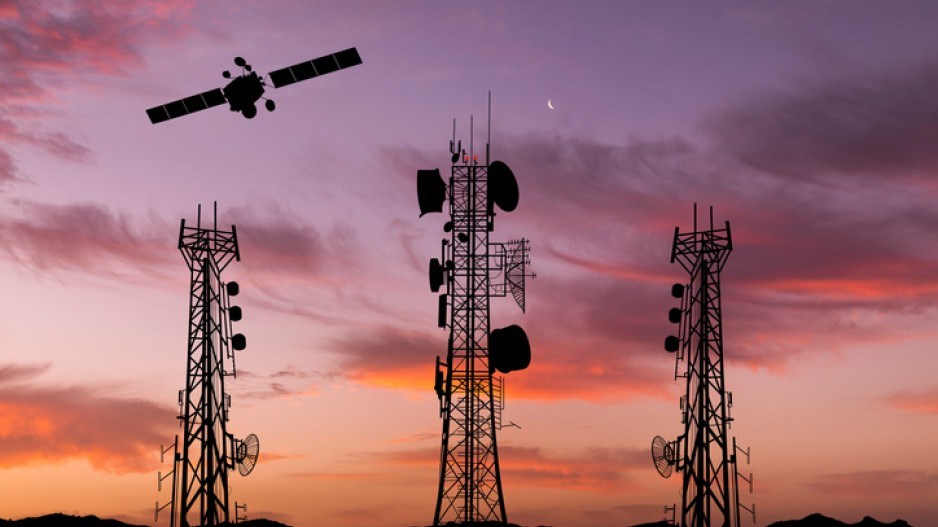As any British Columbian who has ventured into the backcountry can tell you, your smartphone gets stupid really fast when you venture outside cellular signal range.
That’s why hikers, backpackers, boaters and other back country enthusiasts will often buy a satellite-linked InReach or Spot messenger device. These devices use satellites to send and receive messages, including emergency S.O.S. signals.
But these devices are costly, and so are the plans that you have to subscribe to in order to use them.
Telus (TSX:T) says it may soon be able to offer satellite connections to its customers for when they are out of cell range. Telus recently conducted trials with TerreStar Solutions and Skylo to test the new service out.
“In this trial, we were able to use satellite spectrum to send text messages between smartphones, conduct voice calls, and connect to IoT devices,” Telus says.
“By bridging mobile network coverage gaps, emergency services will always be accessible, loved ones can stay in touch during natural disasters and businesses can use timely data to operate more sustainably and efficiently in remote regions.”
The availability of the new satellite backup service will depend largely on smartphone makers. Some chipset makers are including satellite capabilities, so some of the newer 5G smartphones will be able to send and receive satellite signals.
“This technology is part of a new global standard that’s forming,” said Ray Cheung, director of wireless strategy and 5G programs for Telus.
The latest iPhones already have their own satellite connectivity, but offer only emergency 911 service by SMS.
“What we were able to demonstrate is … an ability to send text messages, not just to emergency services, but even to everyone, and actually an ability to deliver a voice call," Cheung said.
Telus still hasn’t worked out how to offer the service to its customers. It’s not clear, for example, whether the service will be offered for free to all Telus subscribers, or require a subscription add-on. Nor is it clear whether the service would need to be turned on, or whether it would automatically switch to satellite once a phone is out of cellular range.
“I think those details we have yet to work out,” Cheung said. “The biggest milestone…is demonstrating that this technology does work.”
The new service depends on the availability of 5G satellite-compatible smartphones. Telus said it may be available to customers as early as next year.




